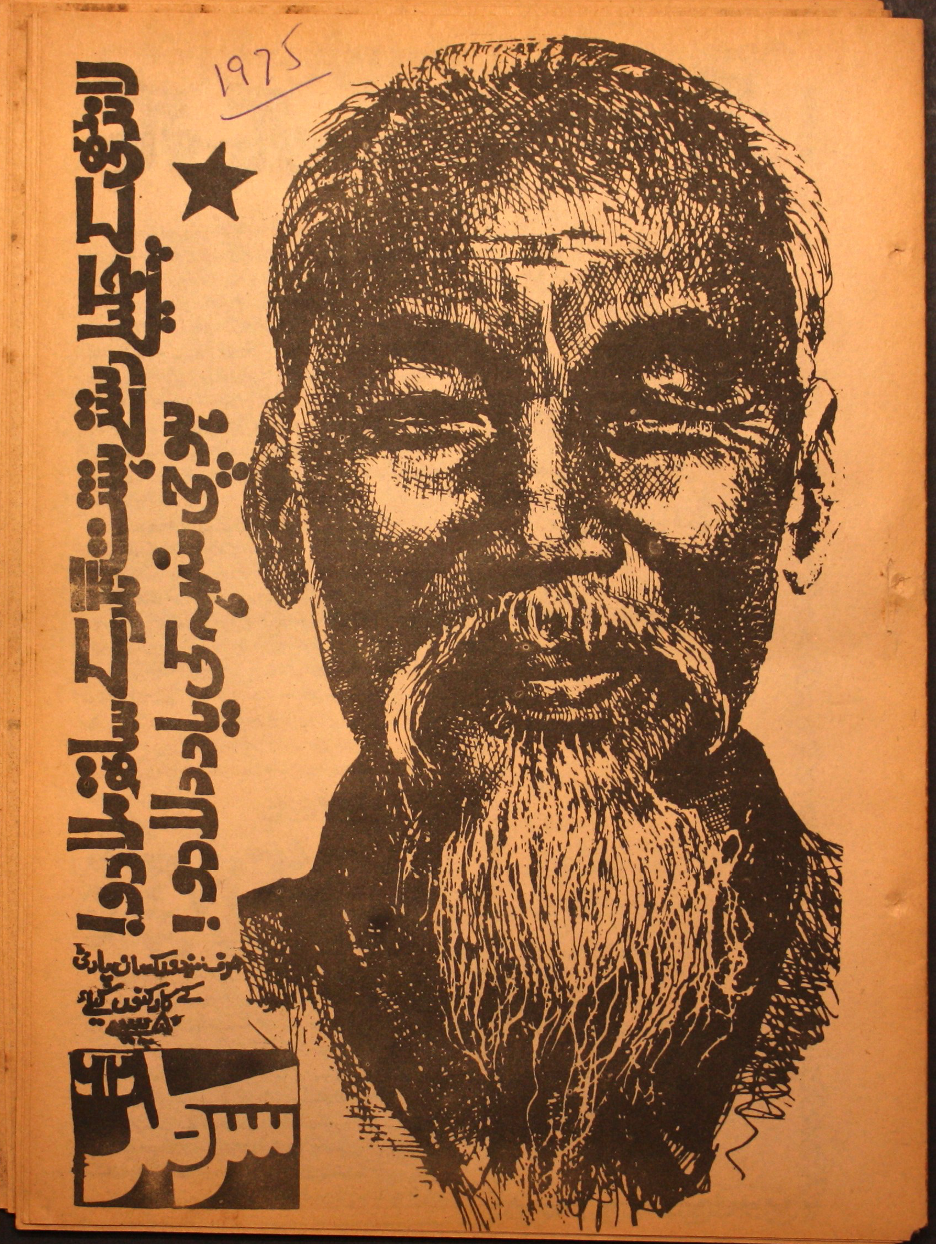Theory from the Trenches
Cover of the communist Mazdoor Kisan Party’s internal circular. Circular, no. 62 (June 1975).
Calls to “decolonize” have proliferated in recent years. From the toppling of statues to the revision of disciplinary canons, these efforts have largely targeted the cultural and epistemological afterlives of empire. Theory from the Trenches explores a radically different vision of decolonization: one driven not by intellectual or political elites, but by subaltern actors, a vision at once global and intimate, dedicated as much to dismantling imperialist political economy as to transforming the terms of theory itself. This was decolonization as revolution.
Anchored in years of research, the book follows landless peasants in 1970s Pakistan who joined the Mazdoor Kisan Party (MKP), the country’s historically largest communist party. The MKP helped peasants seize colonially established estates and integrated their struggles into a global communist movement stretching from Oakland to Saigon. Inspired by Maoism, the party also encouraged them to read and rework revolutionary theory for their own contexts, shaped by traditions as varied as Sufi Islam, Baloch tribal ethics and Siraiki nationalism. The result was “trench theory”: a subterranean, insurgent mode of theory-making born from political combat.
Ultimately, this “ethnography of theory” upends a foundational divide in anthropology and broader social inquiry — between ethnography and theory, between field-work and theory-work. And it reveals how peasants, long derided even by classical European Marxists as provincial and practical, emerged as architects of a subaltern Marxism and theorists on a world scale.
